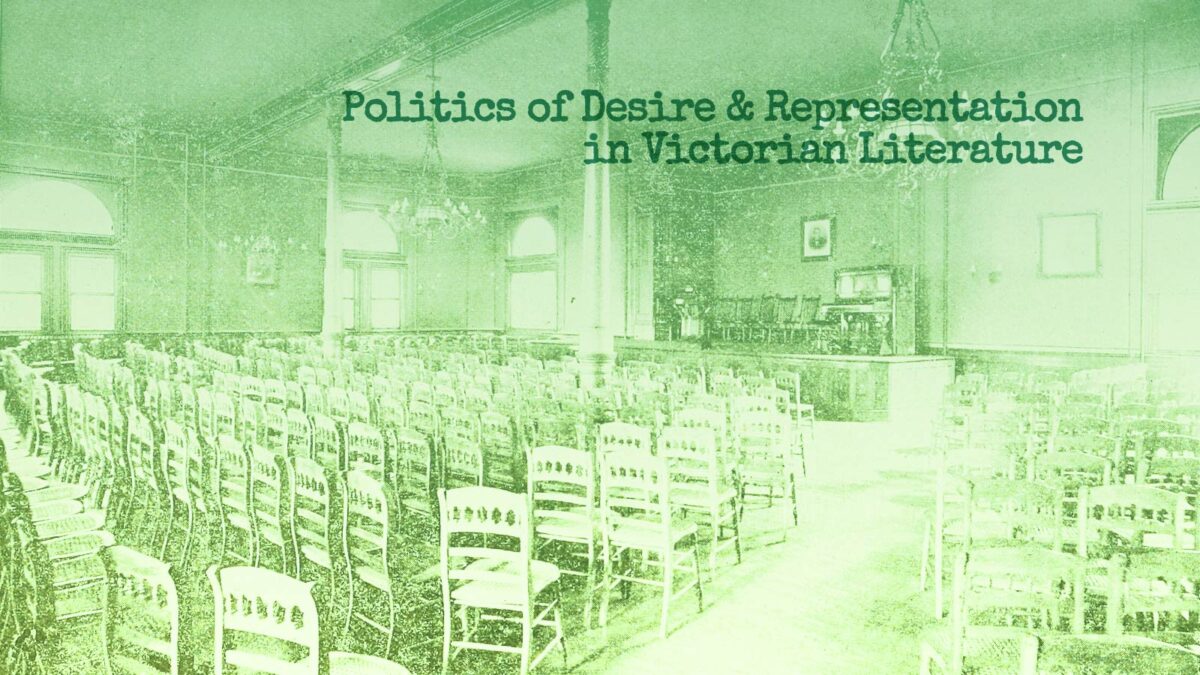Within the following works, Much Ado About Nothing, A Handmaid’s Tale, A Doll’s House, Tess Of The D’ubervilles, and The Awakening, a characteristic common of the female archetype is that they are all driven by a distant dream or desire. The unwavering dedication that they express towards their dream is of static ambition and insurmountable devotion. Their lives are motivated by such strong ambitions that compel their lives despite the nature of their circumstances. Amongst this body of work, the compelling factor for each character is related to love in one form or another. The love for another gives hope, where none would normally exist, and adds a component of meaning to their lives. Each woman’s fate is determined by the ending of these pieces of literature, as the extent to which their dreams were attained is actualized.
Although Beatrice, of the Shakespearean play Much Ado About Nothing, initially outwardly denies her love of Benedick, it is the compelling factor that drives her actions and demeanor. Throughout the early scenes of the play, her actions and statements, though often in spite of Benedick, are driven by her affection and love for him. “I pray you, how many hath he killed and eaten in these wars? But how many hath he killed? For indeed I promised to eat all of his killing” (Shakespeare 9). Beatrice’s mock attitude of Benedick’s incompetence, as a reader soon comes to learn, is purely inspired by her true love of Benedick himself.
Much Ado About Nothing is set in a scene of post-war beauty and passion, with characters with little to do but enjoy and pursue the fruits of love. Beatrice is no exception to this character description, yet her true feelings are masked by a biting layer of stubbornness and fabricated ill will towards her man of true desire. Benedick reciprocates these masked feelings towards Beatrice creating many scenes of ironic humor. Beatrice kindles the prospect of their love to the extent of denying the Prince, the most highly proclaimed of war heroes. “No, my lord, unless I might have another for working days. Your Grace is too costly to wear every day. But I beseech your Grace pardon me. I was born to speak all mirth and no matter” (Shakespeare 55). Until both parties recognize their mutual love, Beatrice’s demeanor, the way in which she interacts with others in the likes of Benedick, or even apart from him entirely is driven by her love that exists therein.
Edna, from the novel The Awakening, is similarly driven by her passion of another man. Her ambitions, however, are preceded by the Victorian expectations of a woman and the presuppositions of the family that she has been predestined to. Throughout her time at Grand Isle, Edna indulges in the presence of her true love, Robert. Their time together at the summer get away soon comes to a close, and Robert chooses to end their relationship, for he knows it is fated to fail. Edna’s life, after returning to their city home, is dictated by the strong passion that she once felt towards Robert. Edna becomes mentally and physically detached from her husband and kids as she ponders the prospect of her reunion with Robert.
Edna chooses to relocate to a new apartment that lacks any resemblance to her vague family. At this point in the novel she is completely living through the slight chance that the future may, with some time, bring Robert and her back together as their love intends. Edna learns that Robert is to return upon which she became “happy to be alive at the mere thought of his return” (Chopin 78). Upon his return the fact that they could never be together becomes apparent to Edna. The social standards of the time wouldn’t allow it to occur not to mention her family. Her unobtainable desire results in her suicide, as if she was fated to death by her strong will. The same passion that once compelled her to live, ended her life after she recognized that their love could never again be shared.
Nora’s desires and ambitions are convoluted by the plot and course of events that precede the text, A Doll’s House. However, it is revealed by the end of the play that her true wish, although she does everything to prevent it, is to have her husband accept responsibility for her actions in demonstration of his love for her. By forging her father’s signature, Nora put her life on the line to save her husband’s life. She worked hard to repay the debt that she fell into. At the end of the play she leaves her husband because he fails to reciprocate the sacrifice that she once made for him.
Nora’s actions throughout the end of the play were founded in her love for her husband. Upon a first introduction to Nora’s character, a reader finds her manipulative and inconsiderate to the feelings and will of other characters. As it becomes clear that these aspects of her character are due to her love and devotion of her husband, the impression transforms into strong attributes of her character in her pursuit of their passion. Throughout the play, and throughout her marriage before the text, Nora’s devotion to her husband remained constant and unwavering supported by her strong will to share their love mutually with him.
Despite the strong contrast of setting and circumstances, Offred, from A Handmaid’s Tale, shares the desires and dreams of Edna. Offred yearns to feel love and passion in its most true sense as she once felt in her relationship with Luke. As a Handmaid, an object whose sole purpose is to procreate, is given no opportunity to experience and feel such emotions as true love. Knowing that handmaids before her have committed suicide as an easy escape from their bludgeoned way of life, Offred is deterred from such a fate by the hope of feeling love once again. Offred secretly pursues the possibility of such emotions through the Commander, but is caught in the inevitable web of a contrived relationship.
Throughout the novel, Offred constantly flashes back to her former life with Luke, and the love that they shared, hoping to feel the power of love once again. She titles herself “a refugee from the past” (Atwood 227). She incessantly goes “over the customs and habits of being I’ve left of been forced to leave behind me” (Atwood 227). Offred speaks of the passion that she has been forced to abandon as a handmaid, a role that holds no regard for love. Her distant memories of Luke and the love they shared compel her to search for that passion in the people that surround her.
One such person is Nick, the Commander’s chauffeur. Offred begins to engage herself in a relationship with Nick that attempts to fulfill her expectations of love. These expectations, however, are never actualized as their relationship becomes individualistic and self-fulfilling in the physical sense. Their passion is never mutual and she continues to visit him saying that her intent is “for myself entirely” (Attwood 268). The possibility of her experiencing true love once more seems unattainable as a handmaid, yet her memories of those emotions drive her in pursuit thereof.
Tess, the titled character from the novel Tess of the D’Urbervilles, is a character of insurmountable devotion. Tess, as a young woman, was devoted to her family and would do anything to help. She often sacrificed many things in order to maintain or help her family, such as her relocation to the D’Urberville mansion. The latter part of the novel, and the main portion of the story depicts Tess’ harsh living conditions and labor after her husband Angel Claire disowned her. For many years she travels to different parts of the country working, a “lonely woman” (Hardy 213), driven by her small shadow of hope that one day Angel will return to her. She often writes to her distant love, but she is left with no reply. Her love and devotion to Angle Claire remains consistent, and she accepts total blame for the crimes that were committed against her. She even becomes “ashamed of herself” (Hardy 219), in the light of “an arbitrary law of society which had no foundation in nature” (Hardy 219). She forgoes herself amidst her devotion to Angel.
After several years she is forced to marry Alec D’Urberville, a man she once despised, in order to relieve her family’s degrading living conditions. Driven by a secondary but equally strong will, she sacrificed her hope of reuniting with Angel. Angel eventually does return to Tess, who, in turn, murders Alec to run away with Angel. Tess is caught and executed by the state, a fate she suffered as result of her relentless love for Angel. For many years Tess suffered the burden that was her love for Angel. Left with the stigma of widowed life given to her by Angel, Tess refuses to scar his name in the eyes of the public. Her act of violence was not an expression of desperation but rather of her devotion towards Angel and depicts the extent of her love towards him.
Beatrice, Edna, Nora, Offred and Tess are all compelled through their lives by love. Love in their lives, however, exists as distant dreams that they are relentlessly driven to experience in the most pure and potent forms possible. Few of these characters actually attain the love that they seek and must meet the fate of pure devotion unmatched. Despite the level to which these women attain their dreams, their lives are nonetheless dedicated to sharing the love that drives them, on a mutual level.

